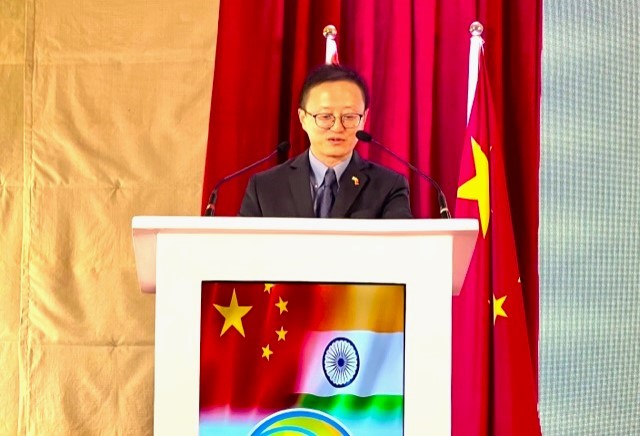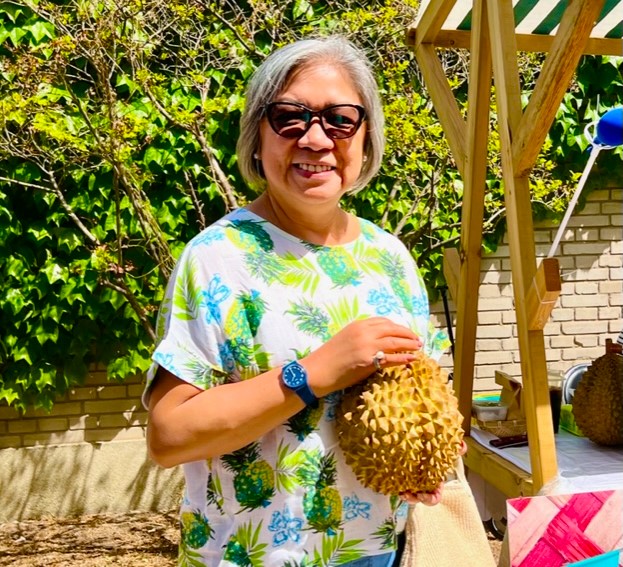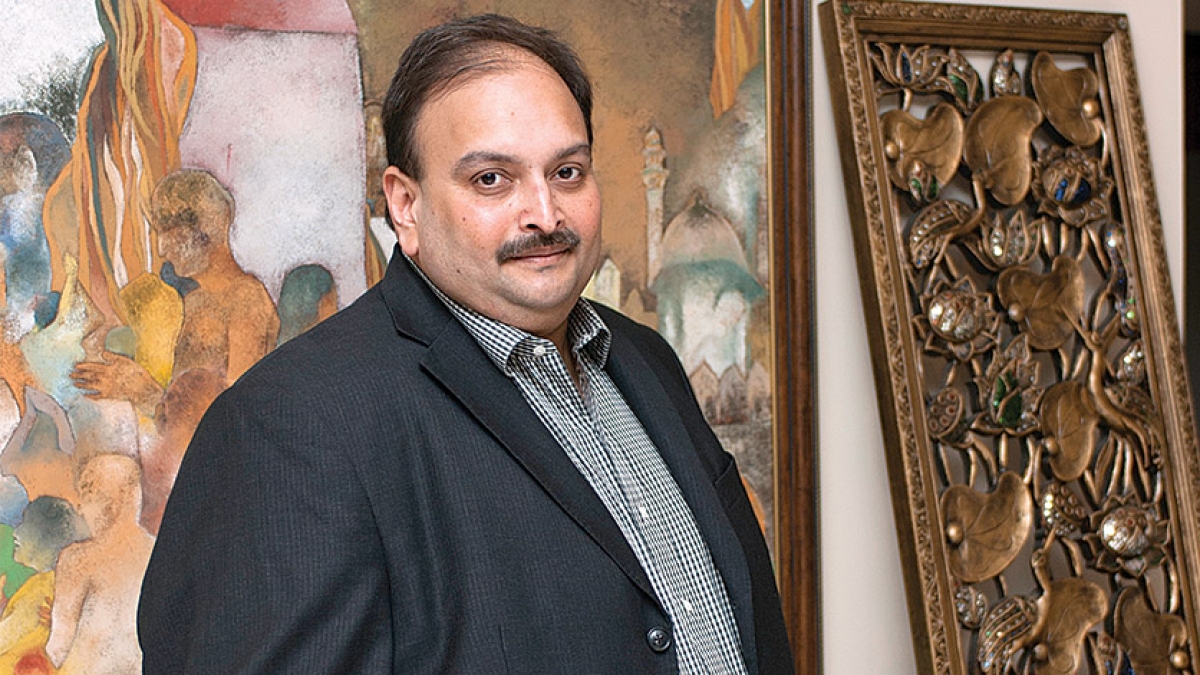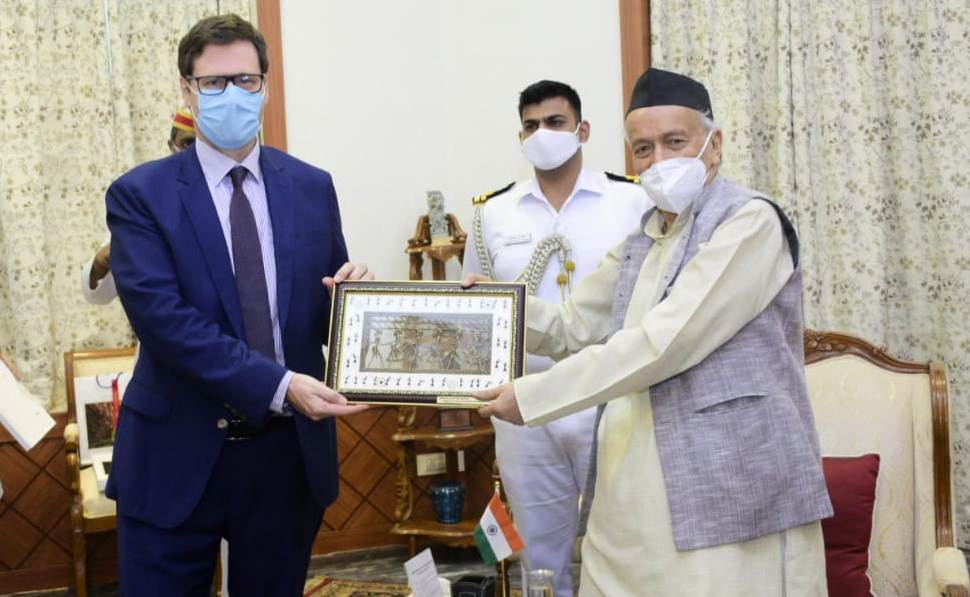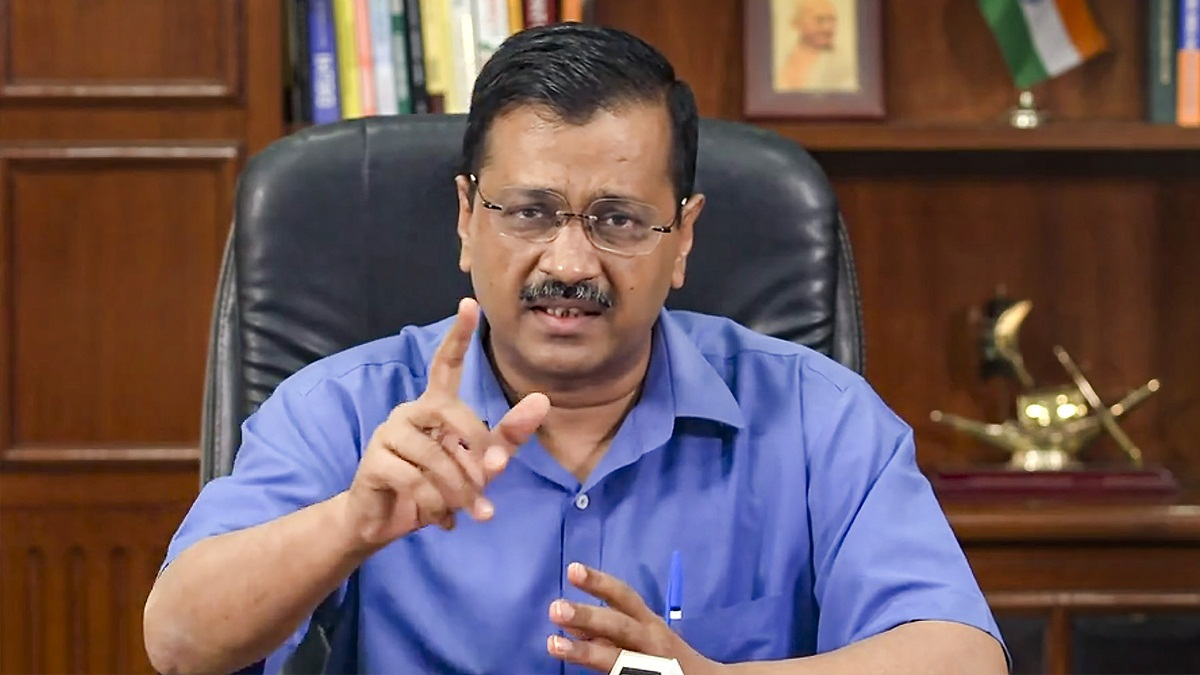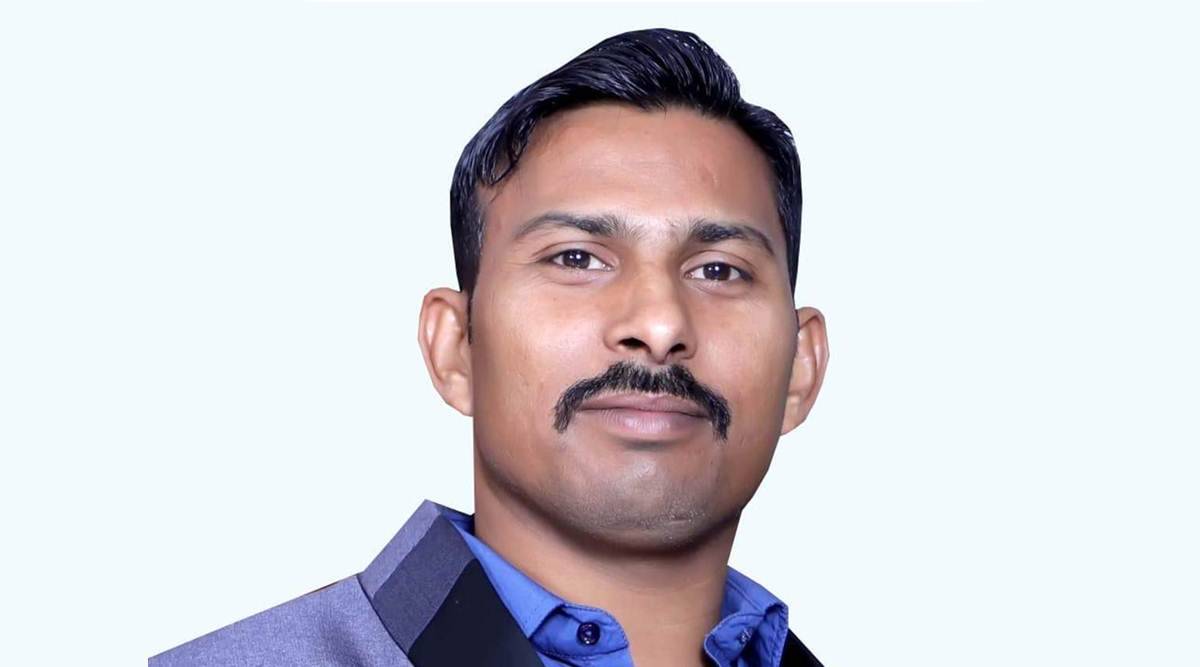By Kong Xianhua
My hometown is a small village in northern China. In my childhood, I never saw running water, and never saw a flush toilet. Power outages were regular and the house was always filled with the choking smoke of burning wood. The two kilometres road to school always covered my shoes with thick mud. Not to mention the unrelenting hunger.
On 1st July, 2021, when president Xi Jinping declared that China had eradicated the absolute poverty and accomplished the building of a moderately prosperous society on all
fronts, my eyes were filled with tears. Because I know what kind of radical changes my relatives have experienced in my hometown. They have moved into modern residential
buildings with water, electricity, gas and internet. I can feel their happiness as they no longer worry about food and clothing and have access to compulsory education, basic medical services and elderly care services.
However, for most of the developing countries, their people still suffer from poverty. It has been 8 years since the UN launched the 2030 Agenda for Sustainable Development. Frankly speaking, the world today witnesses increasing deficits on development, peace, governance and trust. Unfortunately, the support for the development of the developing world at large is no longer a topic of concern for those much-anticipated developed countries within the agenda. Their promised official development assistance has yet to be delivered. On the contrary, they have shifted the focus on suppressing, containing and encircling the rise of China, especially by decoupling from China in the high-tech sector. In the view of some developed countries, the Chinese people’s efforts to alleviate poverty is a violation of the “rule-based order” and has no legitimacy. Now, just because the Chinese economy is becoming competitive and threatens their “Developed Status”, some developed countries intimidate China with a new made-up label of “economic coercion”.
Not only the people of China, but also the people of all developing countries, including the people of India, have the right to ask the international community, especially the developed countries: don’t the people of developing countries deserve the right to develop and live prosperous lives?
This question is hard to answer if we only focus on the West. The joint statement of this year’s G7 summit did not touch on any topic related to North-South cooperation, which has been the case for several years. Meanwhile, disrupted by some western countries, the G20 couldn’t present its genuine value serving as a premier forum for international economic cooperation as before.
As the world’s second largest economy and the largest developing country, China, which has long insisted that development is the first priority, is the first and so far, the only major country since 2015 that has responded to the 2030 Agenda for Sustainable Development in the form of a Global Development Initiative with practical proposals. These Chinese initiatives are closely aligned with the expectations of people in developing countries, such as development first, people-centered development, inclusiveness, innovation-driven growth, harmonious coexistence between man and nature, action-oriented approach, etc. Similarly, India has also put forward the concept of “one world one family” and proposed to represent the voice of the South. The consensus behind this unanimous voice is that the development of developing countries cannot be waited for or asked for, and ultimately depends on our own solidarity and efforts.
In today’s world, the Belt and Road Initiative has become one of the biggest and most successful development-oriented public goods. Since 2013, China has been promoting the construction of the Belt and Road Initiative based on the principle of plan together, build together and benefit together, with the core purpose of promoting common development and improving peoples livelihoods in the countries along the Belt and Road. Development is not easy. Due to the implications of the global economic cycle, the advancement of the Belt and Road has also experienced some temporary difficulties. In particular, in the face of the pandemic and the continued rapid rate hike of the US dollar, some countries are under increased debt pressure, but almost all countries, especially developing countries, are still welcoming the Belt and Road Initiative. Why? Because the practice has proved that China’s funds, technologies and experience have created new opportunities for the countries concerned to uplift their growth curves, expand their development paths and enhance their development potential. The thriving situation has been presented along the Belt and Road countries regarding the economic and social development.
After the pandemic, China has made utmost contributions to DSSI without any attached political conditions, and has assumed the responsibility of debt relief for debtor countries under the common framework. China has become the most reliable and trustworthy financial partner for developing countries. The fairness, sustainability and productivity of the Belt and Road investment and financing make the “Debt Trap” and other unfounded smears and slanders discredited.
I could fully understand the eagerness of my Indian friends to help the majority of Indian people get rid of poverty when they confidently tell me that China’s today must be India’s tomorrow. For the Chinese people and the Indian people, poverty is either a vivid memory of the not-so-distant past, or a shackle that still weighs people down today. For developed countries, putting development issues on hold is not a big deal, but for developing countries, it matters. Poverty makes people in developing countries live without dignity, and allowing this situation to continue for one more day is the greatest disservice to human rights and the greatest irresponsibility to people.
For all developing countries, especially for China and India, two most populous countries, it’s time to wake up from the western-constructed discourse system, put development above all other agendas and put people’s well-being above all other interests. Meanwhile, it’s time to put aside disputes and jointly build a community with a shared future for mankind. It’s time to unite as one to turn the profound challenges unseen in a century into great opportunities, and do everything we can to free people from hunger, sickness, ignorance, so that the people of every developing country can proudly say to everyone in the world one day: look, we are equal, and we are equal in dignity and prosperity.
The author is Consul General of PR of China in Mumbai. Disclaimer: The opinions expressed in this article are those of the authors. They do not purport to reflect the opinion or views of the Mumbai Messenger Editorial team.
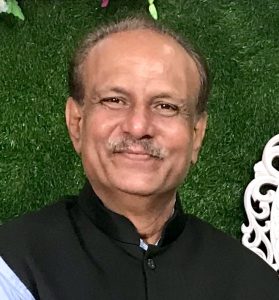
Editor in Chief : Mewati SItaram

